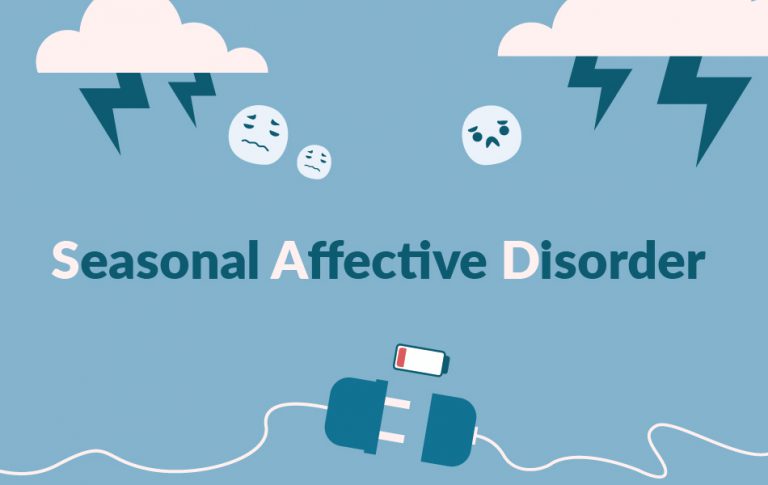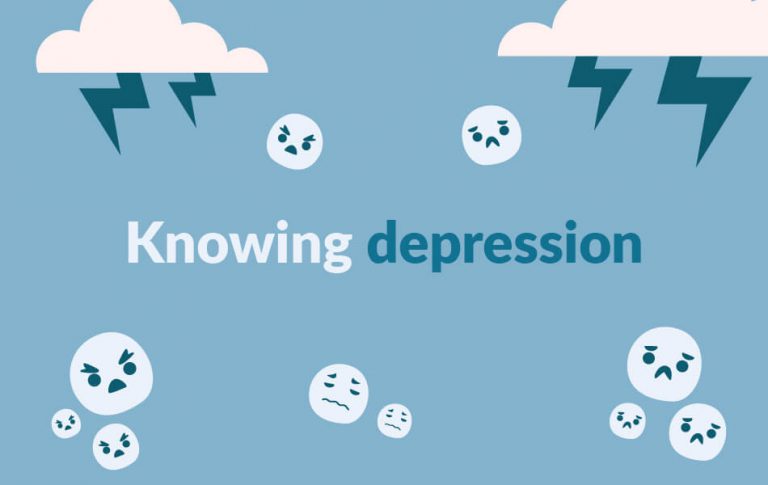A mindful practice helps you reach a positive mind to live a life with the glass half full
Find out how to practice mindfulness and how it may benefit your mental health:
If you’ve read our previous articles about mindfulness – you may be curious about the different techniques to practice it. For those who’ve never heard of it, mindfulness involves a balance of clearing your mind and focusing.
As a society, we live very busy lives, being pulled in a million different directions at once. Mindfulness practice can help reduce the stress caused by our hectic lifestyles. We are mindful when we are aware of our thoughts, feelings, bodily sensations, and surroundings at all times.
Mindfulness involves not judging our thoughts and feelings but paying attention to them. The point is that no way of thinking, or feeling is right or wrong at any given time. Instead of rehashing the past or imagining the future, we practice mindfulness by listening to what we’re presently feeling.
Originally developed as a Buddhist meditation technique, mindfulness is now widely used to manage stress. The mind and body benefit greatly from it as a result of the numerous positive effects it has.

Mindfulness exercises help to direct your attention away from thinking negatively. Instead, it encourages you to engage with the world around you positively and without judgement or interpretation.
Mindfulness practices involve breathing methods, guided imagery and many other techniques that help relax your body and mind to reduce stress and teach our minds to influence our behaviours. For example, our thoughts and feelings tend to stray off course throughout the day without us realising it.
Most times, we spend too much time planning, problem-solving, daydreaming or thinking negatively, which can be draining. With this said, it can make you experience stress, anxiety and, most likely, symptoms of depression.
Benefits of mindfulness
There are many benefits to practising mindfulness. Through it, you can experience thoughts and emotions with greater balance and acceptance. It includes improving your daily life, work, relationships, and overall well-being.
The following are some of these benefits:
1. Reduce stress
Having negative thoughts can come and go at any time. You may react to negative or stressful thoughts and feelings when you are not mindful.
Rumination is easy to get sucked into when you dwell excessively on past and future problems and worries. When you practice mindfulness, it may help your sense of being present, where you can observe your thoughts and feelings without chasing after them and without judgment.
Practising mindfulness allows you to observe your thoughts without getting caught up in them or to follow them. It can help reduce stress and anxiety due to mindful practice.
2. Improve Relationships
The practice of mindfulness exercises might help improve the relationships between family members and friends. During your daily responsibilities, you may be distracted when interacting with others. When you become more mindful, then you are more likely to be able to connect with the people around you.
3. Boosts Mental Well-being
Mindfulness can manage mental health problems such as depression, anxiety, and stress through mindfulness practice. It can help you become aware of your emotions or thoughts by focusing on the present moment. Additionally, it helps by training your mind to stay positive and reduce negative thinking.
4. Quality Sleep
Creating a sleep-friendly mental environment can be achieved through mindfulness. Sleep meditation can be helpful when you are having trouble sleeping or having anxiety about falling asleep.
Our lives and relationships can be improved when we become more present in our lives and relationships. Practising mindfulness has various physical, psychological, and social benefits, even for a few weeks. Even during a busy day, mindfulness involves the act of checking in with oneself.

Mindfulness is available in person, through apps, and online, as well as through the Zwavelstream clinic. It can be challenging to start a mindfulness practice but finding a calm and quiet place and setting may help.
The space can help you focus on self-awareness. There should be no distractions in the space and a comfortable place to sit or lie down. You can also use items such as plants, candles, or cushions to create a relaxing atmosphere.
Mindfulness practices
1. Meditation
Focusing on your thoughts, feelings, and sensations is the essence of mindfulness meditation. You may also become more aware of your breath and surroundings.
Practising meditation can improve your emotional well-being and overall health by giving you a sense of calm, peace and balance. You can also relax and cope with stress by focusing on something calming and stress-free. Meditation can help you stay focused and keep your mind at peace.
2. Walking Meditation
Kinhin, or mindful walking, is another name for walking meditation. By keeping your eyes open, you can focus on the experience of walking. They may concentrate on their surroundings, the smell of the air, and the feeling of their breath as they move. Meditating while walking reduces stress, increases focus, improves sleep, and prevents anxiety.
3. Yoga
Practising yoga can help you become aware of every breath you take and every posture you adopt. Connecting your mind, body, and spirit with yoga is a healthy way to feel confident inside and out. By calming the mind, yoga helps reduce anxiety and stress by training the mind to be fully present in each moment.
4. Breathwork
Mindful breathing is one of the most basic yet powerful forms of mindfulness. Focusing on your breathing is all that’s required. You can experience a sense of increased calmness and contentment with breathwork. As an added benefit, tension and anxiety will decrease.
5. Body Scan Meditation
Body scanning is a mindfulness meditation practice that involves scanning your body for discomfort, tension, or anything unusual. As a result, your sense of connection to yourself physically and emotionally can be improved.
6. Mantra Repetition
Meditation can become easier with mantras because they reduce wandering thoughts and increase awareness. The practice of chanting mantras calms the mind. Additionally, it can improve your attention, change your mood, and decrease anxiety and depressive symptoms.
Tips For Getting the Most Out of Mindful Practise
For mindfulness exercises to be most effective, try to do the following:
1. Pay attention
Pay attention. Take note of the things you can see, hear, smell, taste, and touch. For example, when you are eating or drinking, try to take note of the flavours and textures of your meal or beverages.
2. Take note
It is completely natural for the mind to wander. The best thing you can do when this happens is to take note of where your thoughts have drifted to. Acknowledging your emotions and thoughts may help with refocusing your mind.
3. Awareness and Acceptance
Try to notice and be aware of your thoughts and emotions. It’s okay to be curious about them rather than trying to get rid of them. Instead, observe these experiences with acceptance and without judgment.
4. Be patient with yourself
Remember that mindfulness can be difficult and that it’s normal for your mind to wander. When you notice your mind wandering, try not to judge yourself harshly or think that you’re doing the exercise wrong. As mentioned, take note of where your mind wanders to and then gently try to return to the exercise.
When you become aware of the present moment, you will find yourself enjoying the world around you. On the other hand, you will also learn to understand yourself better. Mindfulness allows you to take a step back from your thoughts and emotions and learn to start seeing their patterns.
As you learn to pay attention to your mind without reacting to your thoughts, you develop the power of choice. In other words, you gain the power to choose how you want to react instead of being carried away by automatic reactions.
Meditation is a way to influence your mind to keep focus for some time. Even though there are many different meditation techniques, the goal is to feel relaxed and calm. A feeling of inner peace can result from practising mindfulness. Meditation helps improve your mental well-being by reducing stress, anxiety and depression.

Mindfulness has many possible advantages, such as reducing stress, boosting cognitive abilities, and enhancing relationships. However, in some cases, side effects can occur.
Therefore, people should consider talking to their doctor or therapist before deciding whether or not mindfulness is right for their mental health needs.
At the Zwavelstream Clinic, we offer a variety of treatment options for anxiety, chronic stress and depression. You can also talk to one of our therapists about mindfulness-based treatment options.
On another note, you can also get started on your own by downloading a free mindfulness app or reading mindfulness guides. If you are interested in trying mindfulness-based treatment options at our clinic, please feel free to contact us.







